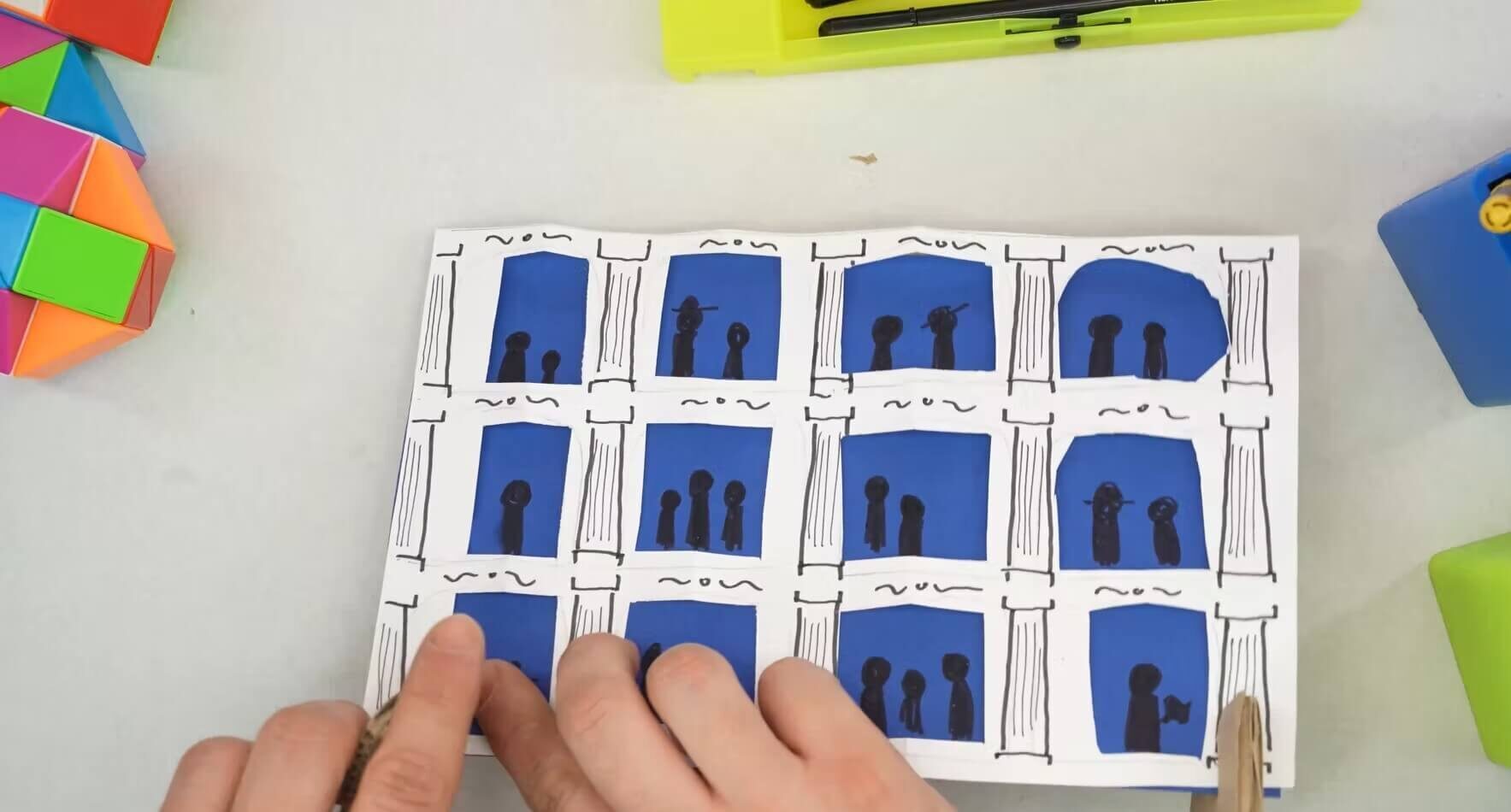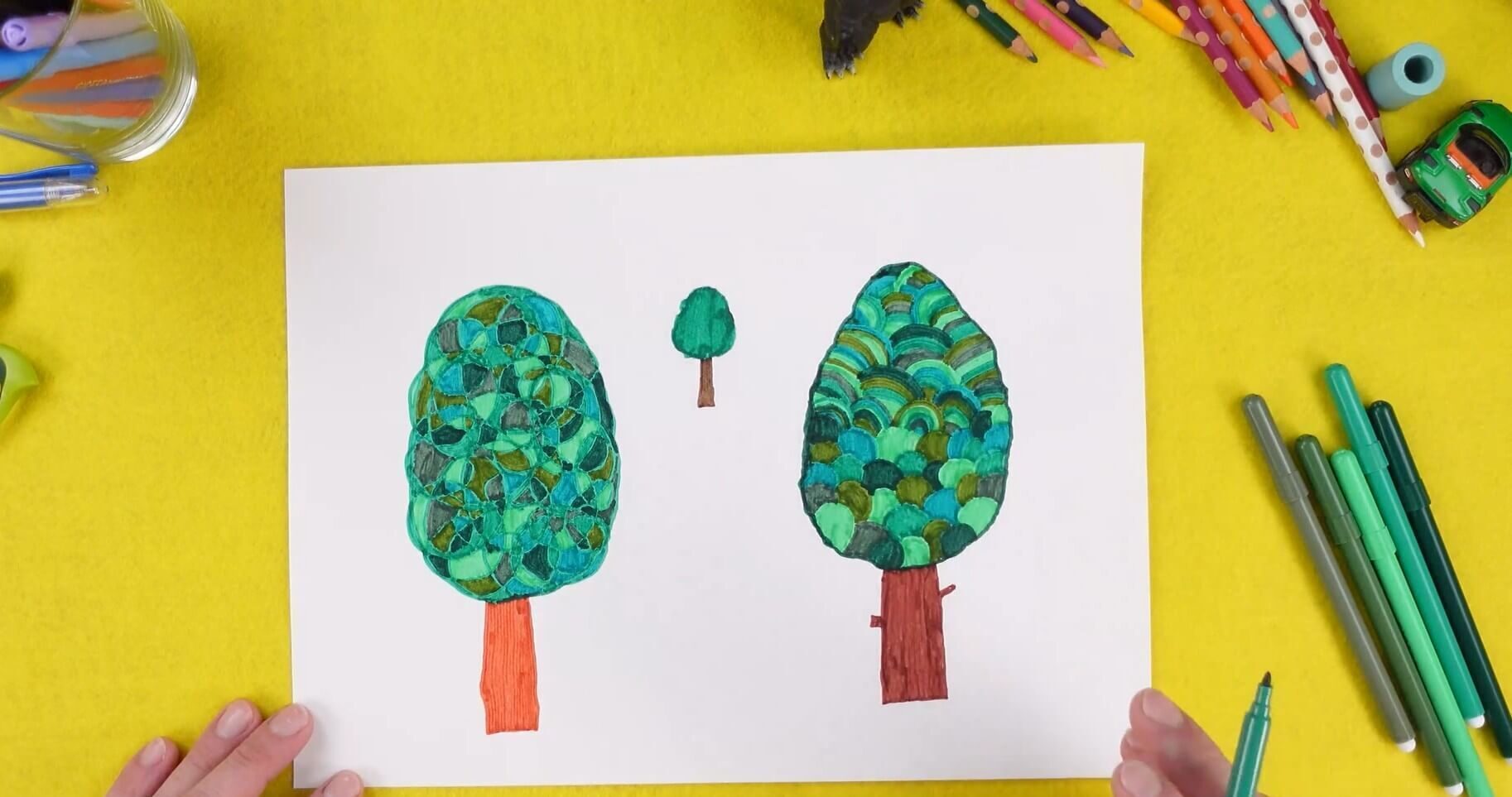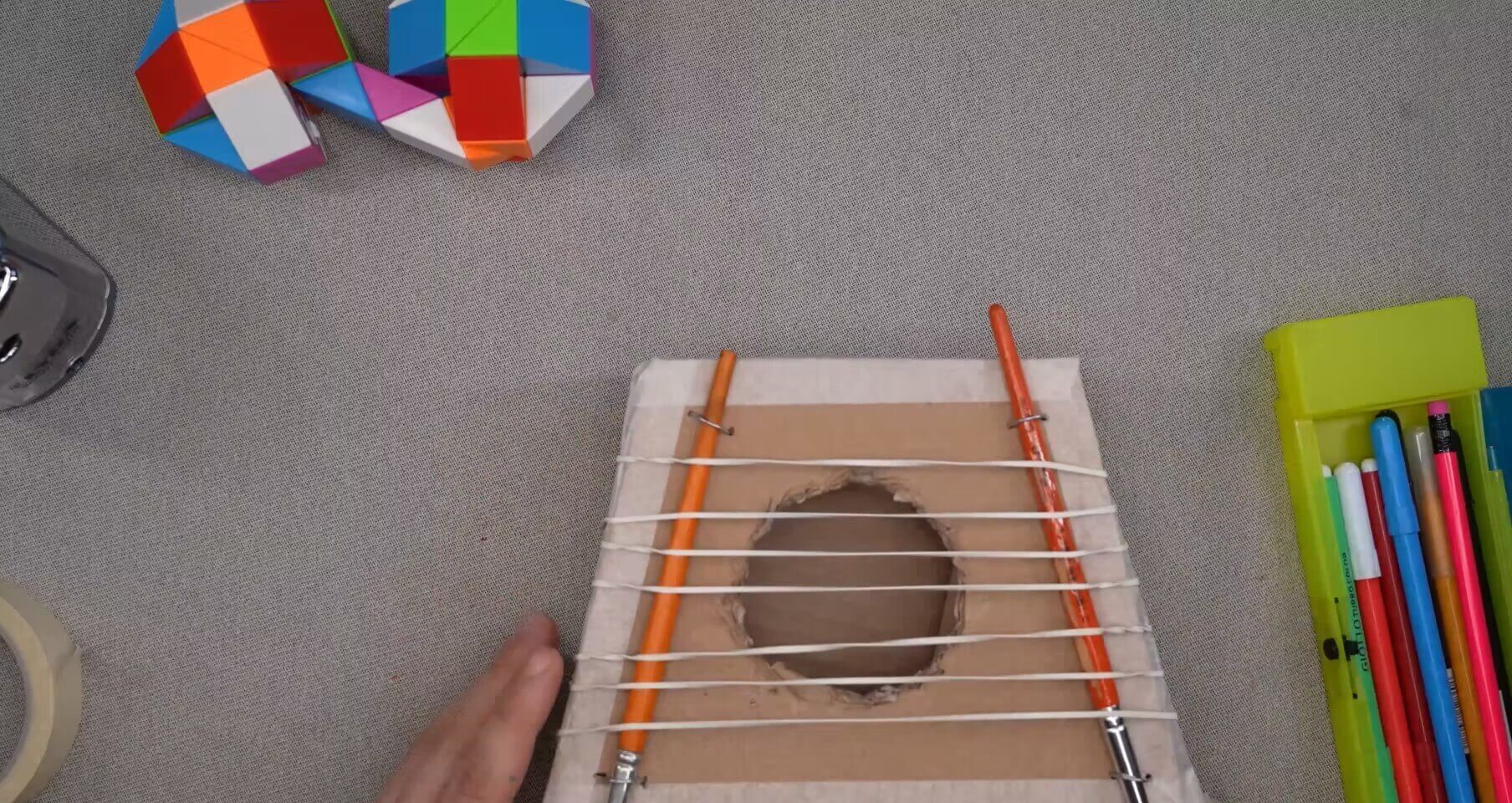- Home
- All Courses
- CULTURES
- Japanese gardens
Japanese gardens
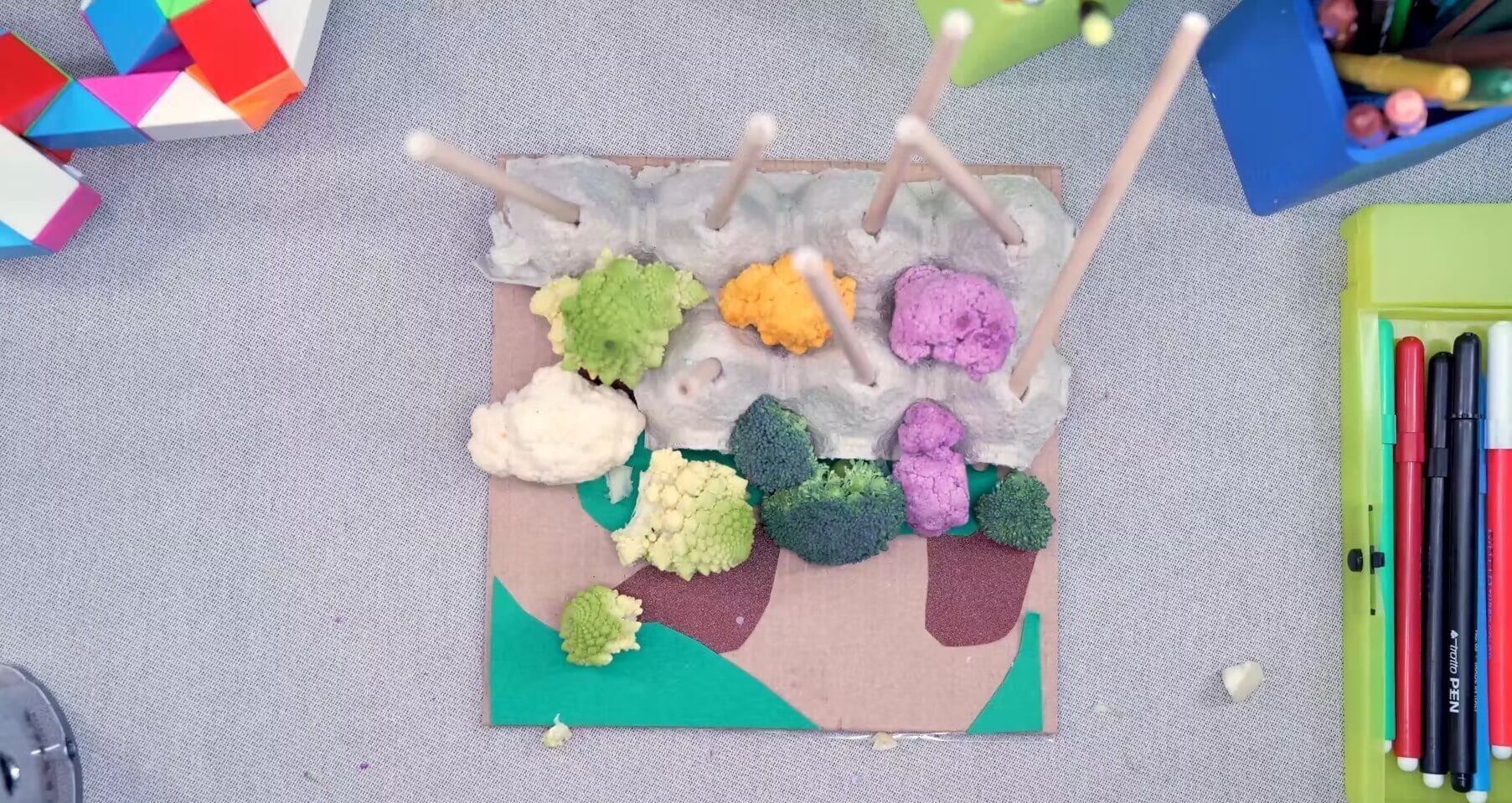
Craft Your Own Garden of Peace and Tranquility
Create your very own Japanese garden, inspired by centuries of tradition and natural beauty. Learn the art of arranging stones, water features, and ancient trees to make a mini sanctuary where you can relax and reflect. Imagine wandering through serene paths like a Buddhist monk, surrounded by temples and quietness.
Ready to find peace and unlock the secrets of reflection and meditation? Let’s start building your garden oasis!
ACCORDING TO EXPERTS…
The lessons featured in the Japanese gardens course use tactile materials such as sand, whose manipulation is pleasant and relaxing for children, allowing them to reflect on textures and the concept of space and emptiness. Additionally, the workshop provides an early insight into Japanese culture, its unique history and places.
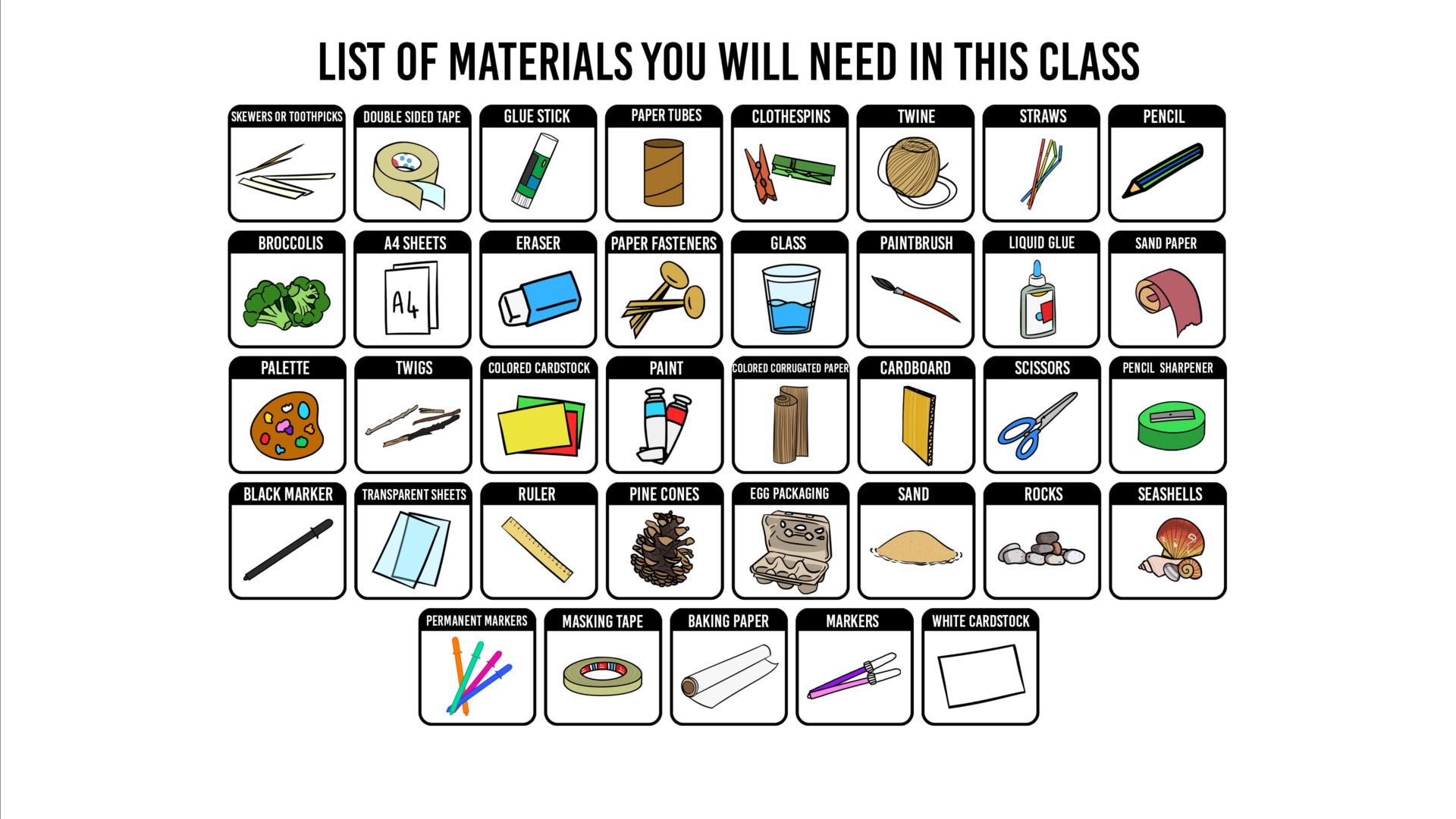
According to Experts...
General Characteristics:
In early childhood and preadolescence, the best way to acquire skills is through direct experience. Drawing, symbolic play and thematic workshops allow knowledge to become understanding and, in some cases, a passion. According to the cognitive theory of the renowned Swiss psychologist Piaget, children around 6-7 years old are in a phase of cognitive development called concrete operational. In this phase, children develop cognitive functions through a series of mental processes such as classifying, adding, subtracting, using and using manipulable objects. For this reason, the proposed thematic workshops can be useful tools for direct skill acquisition within the reach of every child. In particular, the Japanese gardens workshop aims not only to enhance some cognitive skills such as manual dexterity, fine motor skills, relaxation, attention, and concentration but also allows the acquisition of initial notions of Japanese culture and its places.
Specifically:
Playing with sand is a pleasant and relaxing activity. Sand is a suitable material for psychomotor development and helps children develop good hand to eye coordination. Additionally, children can experience the weight, roughness, fullness, and emptiness through this material. The use of color and brushes, as well as the manipulation and construction of the pieces that make up the creations, enhance the fine motor skills (control of small finger movements) of children and their attentive abilities. The use of different materials allows younger children to recognize and learn the difference between hard, soft, smooth, rough, and foldable objects, leading to increased awareness of the surrounding environment. Moreover, assembling objects requires particular attention, concentration, and good coordination. The use of simple materials like paper and glue, along with the simplicity of the composition, makes the workshops particularly suitable for children aged 6 to 10, both for simple composition and as an activity to enhance fine motor skills. Fine motor skills are an essential prerequisite for daily life and are strengthened during early childhood through normal educational activities. It is the skill that enables learning to write and tie shoes. At the same time, the specificity of the topics covered is suitable for 11-12 year olds, fostering curiosity about different cultures and distant countries.
Skills:
- Expressiveness
- Emotional development
- Problem-solving
- Self-awareness
- Self-esteem
- Relaxation
- Attention
- Concentration
- Manipulation
- Critical thinking
- Spatial concepts.
You May Like
-
14 Lessons
-
14 Lessons
-
12 Lessons
-
14 Lessons
-
11 Lessons

